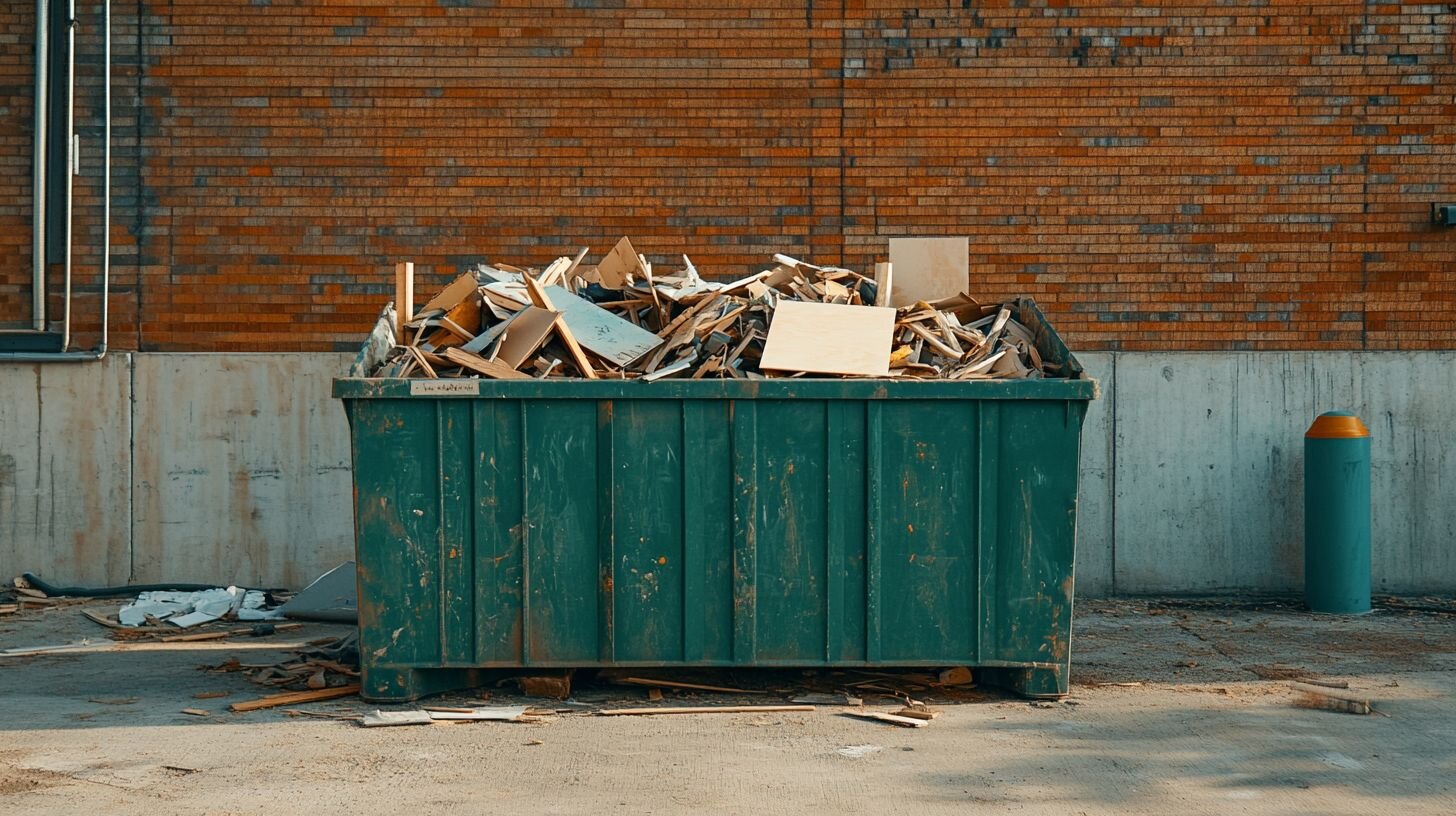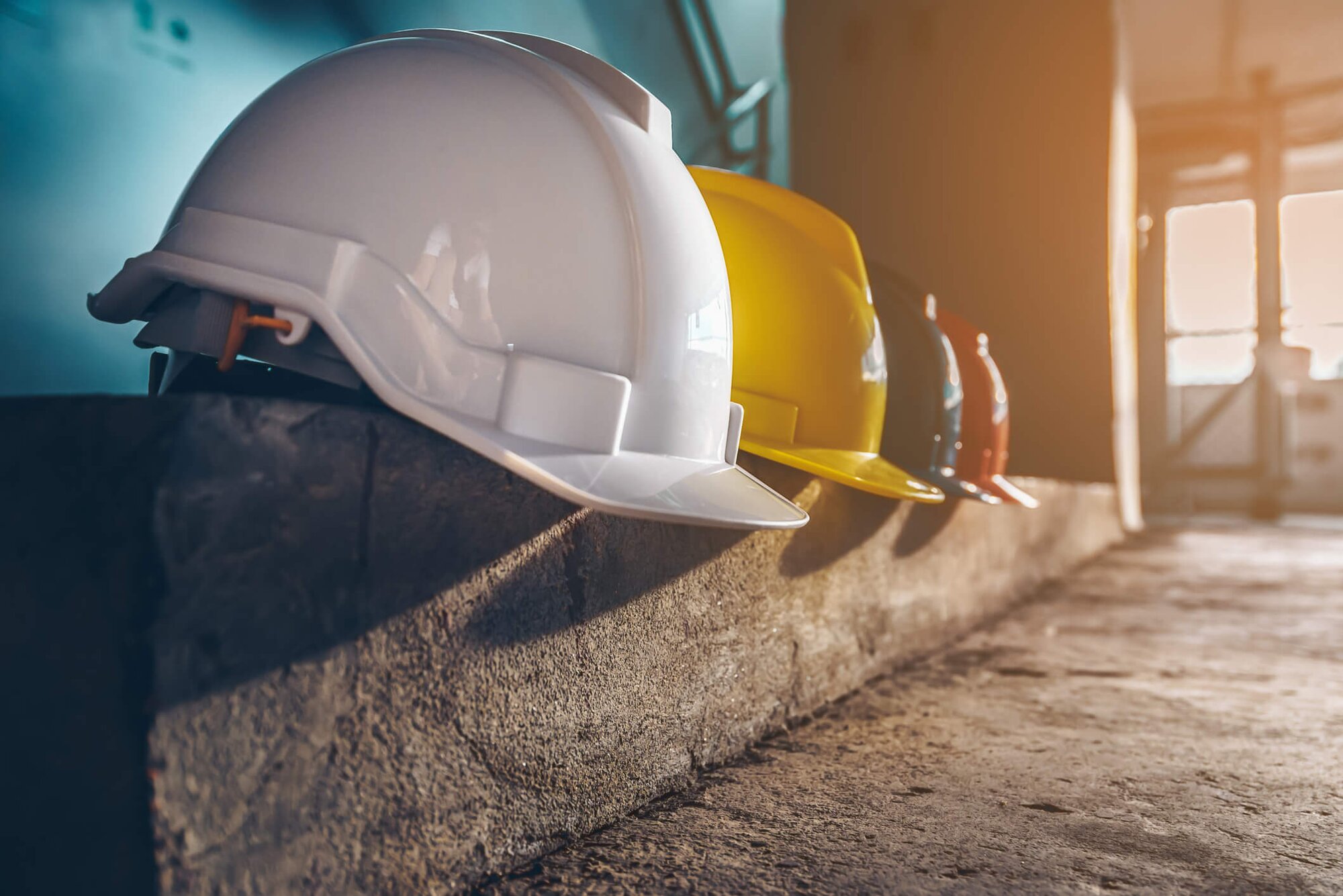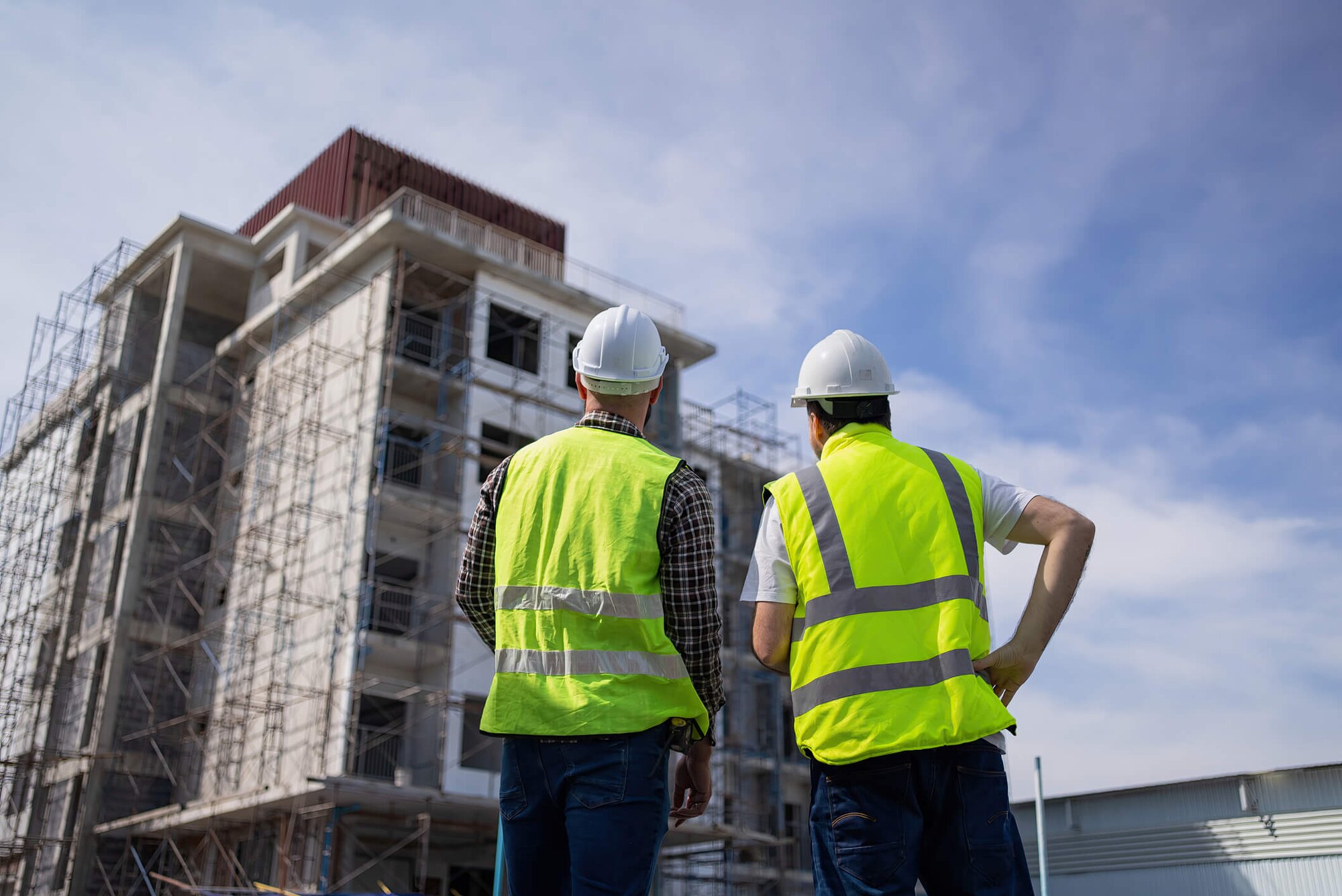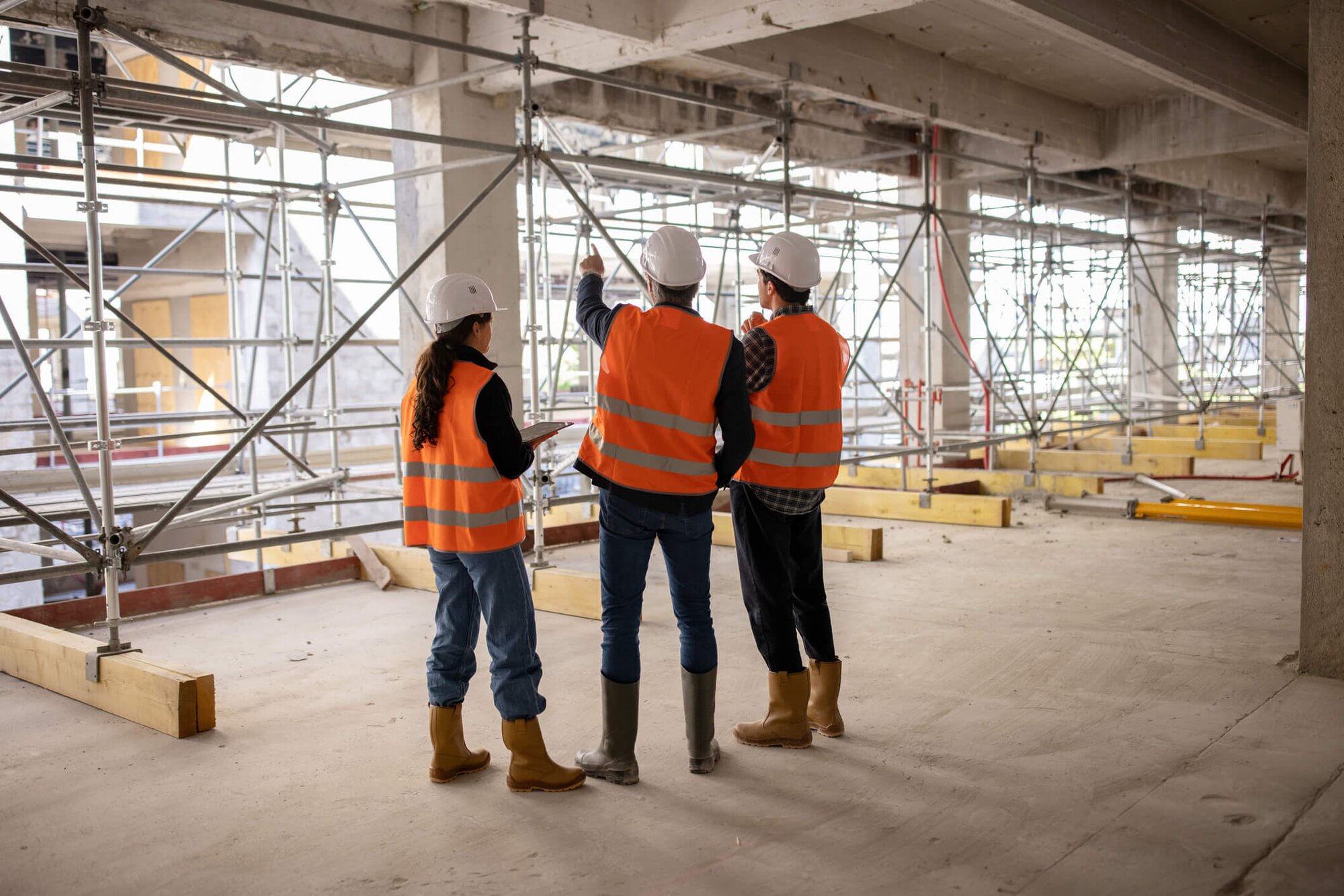On a commercial jobsite, time and space are always in short supply. Crews are stacked, materials are moving, and the pressure to hit deadlines never lets up.
To keep things running smoothly, contractors rely on tight coordination and dependable partners. One partner that rarely gets the spotlight is waste management.
You can have the best crews in the business, but if the site’s a mess, productivity drops. Piles of debris slow movement, choke off staging areas, and create safety hazards that stall work and invite fines.
That’s why a solid waste management plan is a necessity.
Plan for the Pile-Up
Debris shows up fast on a commercial site. Demo scrap, concrete chunks, cutoffs, and packaging all stack up quickly. Without a solid plan to handle it, you’re focused on cleanup instead of progress.
That’s where a dependable waste management partner comes in. They show up when they say they will, bring containers sized for the scope, and keep hauls moving without getting in the way of the work. The right partner also helps avoid costly violations by making sure materials are disposed of properly.
The best waste management setups are built before the first dumpster hits the ground. Planning ahead keeps your layout clean, your crew moving, and your schedule locked in from day one.
What to Look for in a Waste Management Partner
Not every dumpster outfit is built for commercial work. Before you sign a contract, make sure they can handle the scope and speed you need.
Look for:
- Size and strength options: Larger builds need 20-, 30-, or 40-yard dumpsters. For concrete, demo, or other heavy loads, make sure they’ve got reinforced bins rated for the weight.
- Flexible scheduling: You want pickups planned around big demo days and phased work, not random drop-ins. The right partner will work with your schedule.
- Knowledge of environmental rules: Whether you’re working toward LEED credits or just trying to stay compliant, they should know what goes where and how to keep you on the right side of the regs.
Keep the Communication Flowing
Once you’ve got the right partner, keep that line open. Let them know what’s coming, like big demo days, fast turnarounds, phasing changes. The more info they have, the better they can help you stay ahead of the mess.
Set expectations early. Walk them through the scope. Share site limits and timelines. A quick check-in before things kick off can avoid slowdowns later.
If things change mid-project, loop them in fast and make the shift together. A solid partner should be able to adjust without throwing off the schedule.
The Cleanup Crew That Keeps You On Schedule
Commercial jobs live and die by planning. The right trades, the right equipment, and the right partners make the difference between a smooth, profitable build and a slow, costly one. Waste management might not be flashy, but it’s one of the key pieces that keeps everything else on track.



